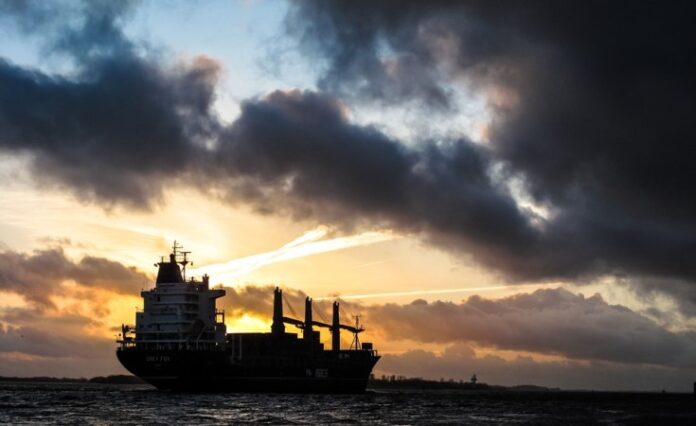By Anthony Areh
Mr Austin Umezurike, President, Alumni of Maritime Academy of Nigeria, Oron (AMANO), has identified contractual requirements, competency and certification as some issues that should be addressed for full enforcement of the Cabotage Law.
Umezurike made this known on an Instagram live programme organised by Mrs Ezinne Azunna of the MaritimeTv, to commemorate the 2020 World Maritime Day.
According to him, the Cabotage Law stands on four pillars, among which is that manning of vessels must be 80 per cent to 100 per cent done by Nigerians.
“Among the vessels that operate within the Nigerian maritime sector, 80 per cent to 90 per cent supports the oil and gas industry and they are dominated by International Oil Companies which have stringent certification requirements.
“They make sure that vessels operating with them have certain categories of personnel onboard and also ensure that local vessel owners are forced to meet the requirements.
“One of the requirement is that they should have certificates from certain countries that are internationally recognised; if they do not meet the requirements, they will not get contracts.
“The Nigerian Maritime Administration and Safety Agency (NIMASA) can enforce compliance with the Cabotage requirements in terms of 100 per cent manning, but contractual requirements have actually affected full implementation,” the AMANO president said.
He said that competency, certification and quality of local seafarers should also be ensured for effective enforcement of the Cabotage Law.
Accordung to him, effective enforcement of Cabotage Law requires collective efforts of all stakeholders in the maritime space, including NIMASA and Maritime Academy of Nigeria, to ensure production of required personnel.
Umezuruike said that there was the need to have more maritime academies which should be well-equipped and have competent lecturers.
He said that the existing maritime academy was not attracting qualified lecturers because it was a government parastatal and had a salary structure not good enough.
“Government needs to know that maritime education is very key globally; for the country to compete globally, we need to make sure we have qualified lecturers that will provide the needed training for our cadets.
“The Federal Ministry of Transportation needs to look into this issue of remuneration of lecturers in the academy because this is the only way qualified personnel will be employed,” he said.
The AMANO president expressed satisfaction that NIMASA was addressing the issue of certificate of competency of Nigerian seafarers, hoping that it would ensure that the seafarers would work with international vessels.
“Nigeria has an advantage, majority of our population are youths and they speak English which is the maritime language; so, there is no way they cannot dominate the maritime industry,” he said.
He, however, regretted that Nigerian waterways were being polluted with waste, urging that it should be tackled.
“AMANO is not just an alumni, it is one of the most versatile players that produce professionals in the Nigerian maritime space with the aim of practicalising some policies and pronouncement from government agencies.
“We can’t continue to talk without actions; that is why, to mark the World Maritime Day, we went to the Sagbonkoji in Amuwo Odofin Local Government Area to clean up the area,” Umezurike said.
Ms Koni Duniya, Chairperson, AMANO Planning Committee, noted that foreign vessels passed through the Sagbonkoji community before going to Lagos ports.
“What these vessels will see is not good, our waterways are polluted and require education of communities on proper waste disposal,” she said.
The World Maritime Day is celebrated on Sept. 24 annually and 2020 edition had the theme, ‘Sustainable Shipping for a Sustainable Planet’.




